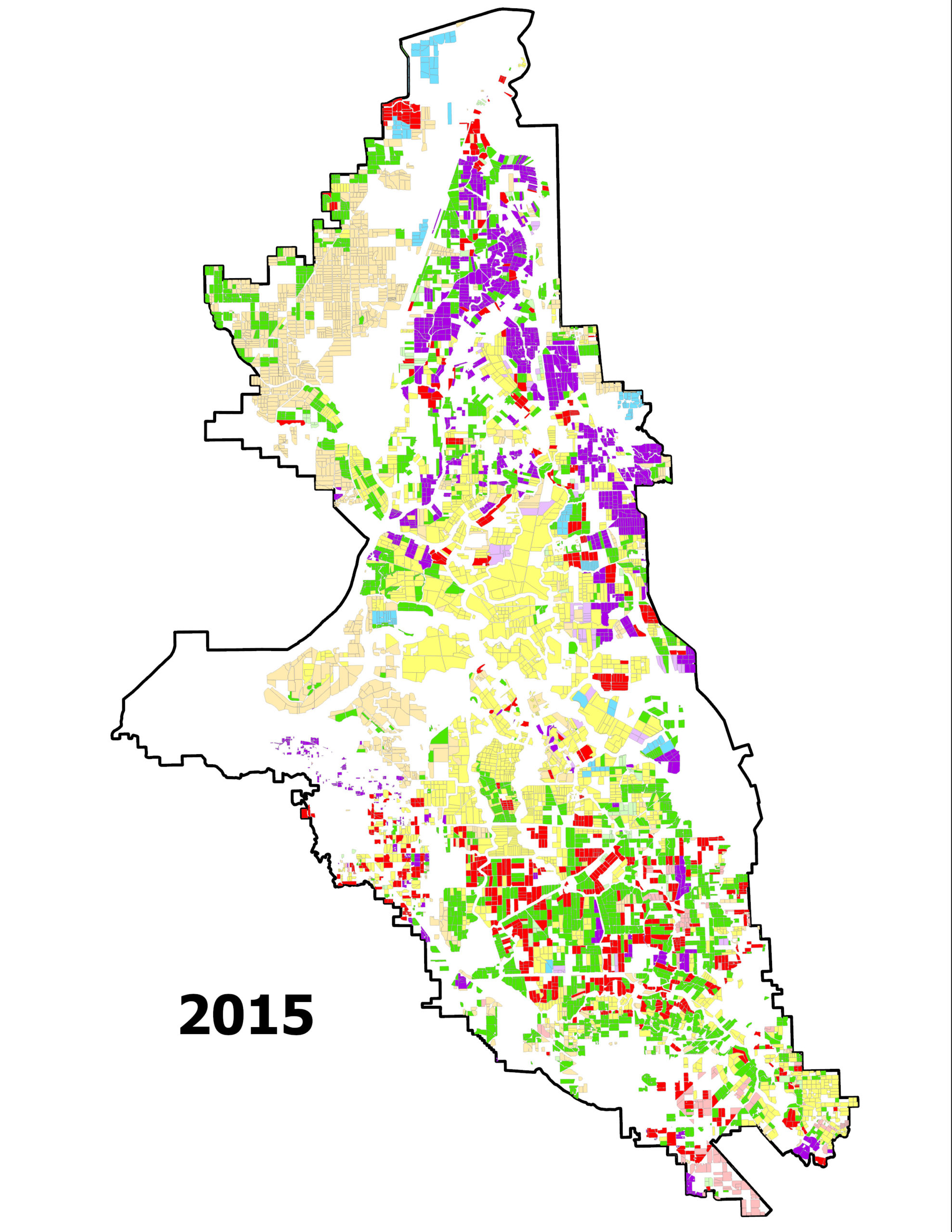
MLRP – Multibenefit Land Repurposing Program
Categories: Collaborative
The Multibenefit Land Repurposing Program (MLRP) increases regional capacity for repurposing irrigated agricultural land to uses that reduce reliance on groundwater while providing community health, economic well-being, water supply, habitat, renewable energy, and climate benefits. The program provides funding for regional block grants, tribal grants, and a Statewide Support Entity to provide technical assistance to block grantees and support progress toward program goals.
The primary goals of the MLRP are to:
- Support coordinated, regional and basin-scale efforts to achieve groundwater sustainability in critically overdrafted basins and in high and medium priority basins where a state emergency drought declaration has been declared.
- Support long-term repurposing of lands least viable for agriculture and multibenefit opportunities that convert land to less intensive water uses while maintaining natural and working lands.
- Provide short- and medium-term drought relief.
- Support regional efforts to sustain land-based economies that are impacted by groundwater sustainability measures.
- Reduce groundwater use.
- Create or restore wildlife habitat and wildlife connectivity, including seasonal wetland habitat to replenish aquifers.
- Improve groundwater supply, including through groundwater recharge, improved baseflows in rivers and streams, and groundwater supply improvement for fish and wildlife habitat.
- Support nature-based solutions to reduce the impacts of hazards on lives, property, and the economy from overdrafted groundwater basins.
- Provide benefits to disadvantaged communities and socially disadvantaged farmers and ranchers
- Foster partnerships and collaboration among diverse entities to enable regional scale leadership to meet this program’s goals.
- Develop scalable, transferable land repurposing models.
- Support farmer, rancher, and farm worker leadership in multibenefit land repurposing strategies and project implementation.
- Provide flexible and efficient program administration so that grantees can lead expeditious and adaptive programs to meet their needs.
